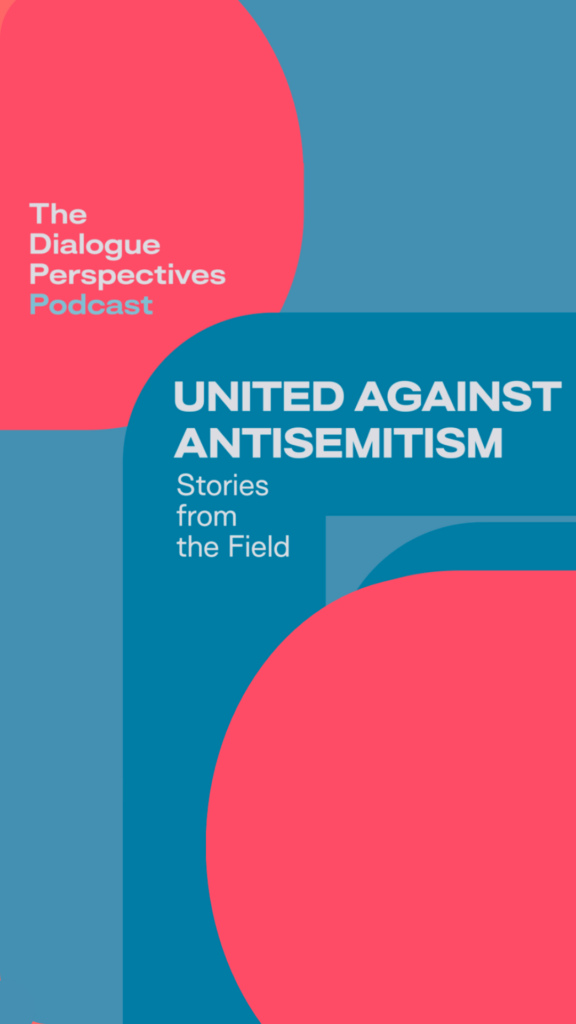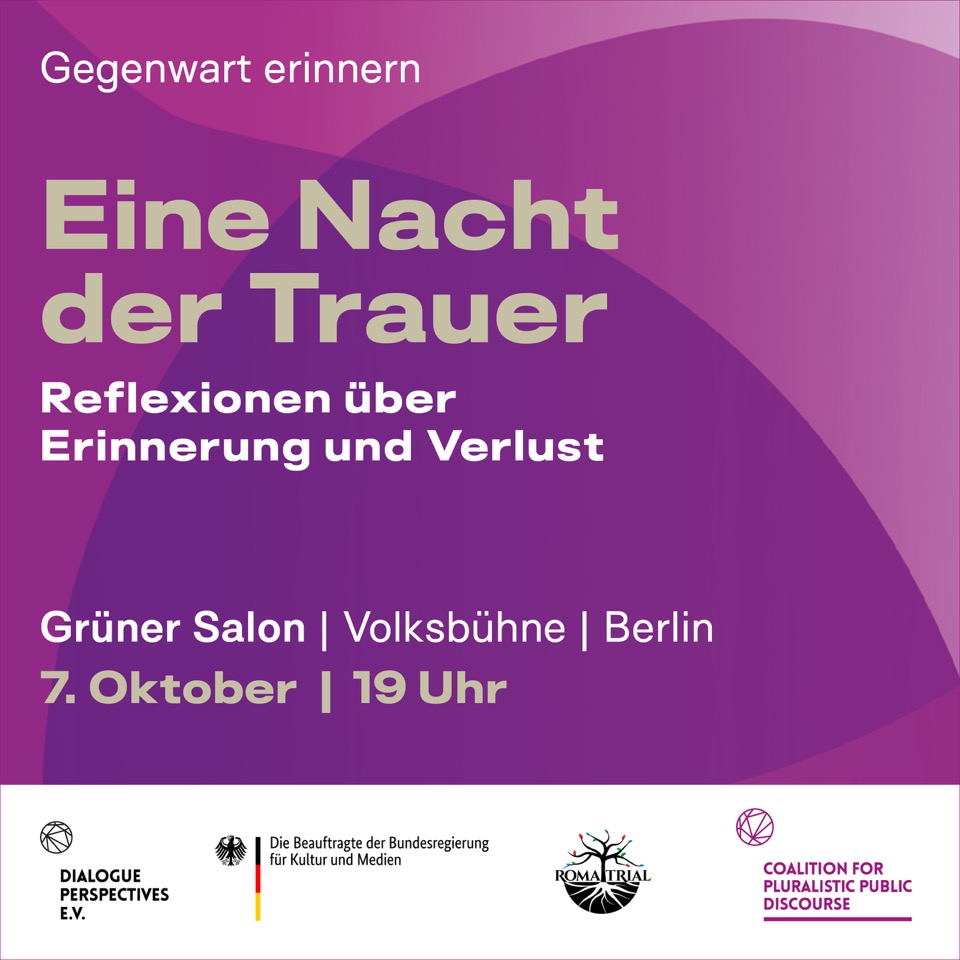Urgent action on digital literacy and platform accountability is crucial as misinformation and polarisation erode democracy and threaten public discourse.

The digital world is inseparable from real life, with immediate and sometimes dangerous effects. The rapid spread of disinformation and amplification of hate speech on online platforms are fuelling division and violence. This erosion of public trust extends offline, leading to political instability, social fragmentation, and weakened confidence in democratic institutions. While the European Union recognises these risks, regulations like the Digital Services Act fall short.
A unified European approach is crucial to combat misinformation and address the algorithms behind it. As Professor Achim Rettinger (FZI) highlights, control over the online space, and most recently AI profoundly impacts both our democracies and cultural identities: “Whoever manages the curation of training data and fine-tuning of AI models defines the cultural identity of these models and the communities that use them.”


DialoguePerspectives equips young European leaders with the skills to engage in interreligious and worldview dialogue, fostering a cooperative, pluralistic, and democratic Europe. Participants tackle societal core conflicts, using dialogue to counter polarisation, strengthen plurality competence, and promote European unity. In an age where disinformation, hate speech, and algorithmic manipulation threaten democratic processes both online and offline, the program emphasises the urgency of addressing digital democracy from this pluralistic perspective.

The DialoguePerspectives European Leadership Workshop 2024, held in collaboration with the House for Participation and Tage für Demokratie Karlsruhe, is part of the EU-funded TWON project under Horizon Europe, which explores social networks’ influence on democracy. Participants examined how online platforms shape political debates, spread disinformation, and fuel societal polarisation, while focusing on actionable solutions for digital democracy. Discussions revealed how AI and social media algorithms amplify polarisation and crises, and questioned the effectiveness of the EU’s Digital Services Act in countering disinformation. Pre-bunking and de-bunking strategies were highlighted as key tools for proactive education against false narratives, especially regarding the impact of digital hate on minority communities. Public events like the World Café and BarCamp shared insights on creating a more inclusive online environment. The workshop emphasised the role of digital platforms in shaping public opinion, particularly for marginalised groups, and explored ethical concerns about social media’s global influence. The workshop concluded with policy recommendations, including media literacy programs, institutional support for public platforms, and stronger regulatory frameworks for social media.


Tackling digital polarisation must be at the forefront of our collective efforts to build a truly pluralistic and inclusive society. At DialoguePerspectives, we recognise that simply promoting digital literacy is not enough to address the widening gap in online spaces where polarisation thrives. We advocate for expanding educational programmes that go beyond basic literacy, empowering citizens not only to critically and responsibly engage in digital spaces but also to actively contribute to them in a way that strengthens social cohesion. This is especially critical in combating the rise of disinformation, hate speech, and exclusionary narratives that threaten our democratic processes.
Our work at DialoguePerspectives already champions the development of plurality competence and strives to counteract polarisation. To sustain this effort, we call for increased political and social support at national and supranational levels. By scaling up these initiatives, we ensure that democracy remains adaptable and resilient, capable of thriving in a digital age where the integrity of pluralistic values is constantly challenged.
Next Steps:
Celebratory Event “Reflecting the Past, Envisioning the Future”
4 November 2024 | Berlin – Register here.
Decade Edition 2024 | “Reflecting the Past, Envisioning the Future: European Core Conflicts in a Time of Polycrisis”
4 – 7 November 2024 | Berlin
If you would like to find out more about our upcoming events or insights into our policy recommendations, please contact us at info@dialogperspektiven.de.




TWON (project number 101095095) as a research project is fully funded by the European Union under the Horizon Europe framework (HORIZON-CL2-2022-DEMOCRACY-01-07).



